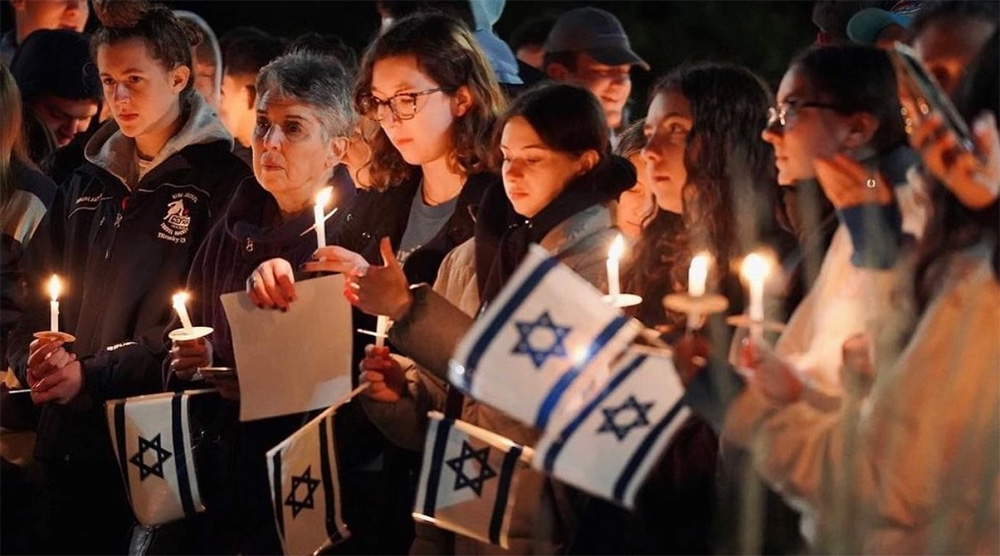((JEWISH REVIEW)) — For more than five months, the date of Oct. 7 has instantly evoked images of horror in the minds of Israelis as the bloodiest day in the country’s history and the deadliest for Jews since the Holocaust.
But when Israel’s governing coalition convened on Sunday to set an annual memorial day to commemorate the tragedy, it didn’t choose Oct. 7, or any date on the Gregorian calendar. Instead, the government unanimously approved a yearly memorial day on the Hebrew calendar: the 24th of Tishrei, which falls later this year on Oct. 26, and next year on Oct. 16.
It isn’t unusual for Israel to establish a day of mourning on the Hebrew calendar. All of the country’s holidays are marked on Hebrew dates, including its back-to-back Memorial and Independence days, which are marked between April and mid-May, depending on the year.
The Oct. 7 attack presented another complication because it occurred on a Jewish holiday, Shemini Atzeret-Simchat Torah, which falls on 22 Tishrei, and which meant the annual commemoration had to be held on a different date. The following day, 23 Tishrei, presumably didn’t work because it is still a Jewish holiday outside of Israel. The chosen date, 24 Tishrei, is the day after that.
But the choice is still raising eyebrows. That’s especially true because the same Israeli government that made this decision has done so much to impress the date of Oct. 7 onto the international public consciousness. The vast majority of the world, after all, lives according to the Gregorian calendar, not the Hebrew one — including, largely, non-Jews in Israel, who were also affected by the attack. Talking points from an Israeli government official about an “attack on 22 Tishrei” would mean little to most people.
One of the most prominent public faces of Israel, Eylon Levy, describes himself on social media as “Israeli Government Spokesman in the October 7 War.” And in his Sunday speech to his cabinet, Israeli Prime Minister Benjamin Netanyahu said, addressing the international community, “Did you so quickly forget Oct. 7?”
Israeli society also operates largely according to the Gregorian calendar, and there are a few days that Israelis mark on that calendar as well. One, Nov. 29, is the date in 1947 that the United Nations voted to partition Palestine into Jewish and Arab states, paving the way for Israel’s establishment. More recently, the Nov. 4, 1995, assassination of Yitzhak Rabin has been popularly commemorated close to that date, even though the government designated a Hebrew date to memorialize that tragedy as well.
The same thing may end up happening with Oct. 7. But choosing Oct. 7 as the annual commemoration would have come with its own problems — not least that early October often falls smack in the middle of the Jewish holiday season. In 2025, for example, Oct. 7 will be the first day of the festival of Sukkot, which is known in Jewish liturgy as “the time of our happiness.”
For some Israelis, that isn’t reason enough for opting for 24 Tishrei. Ofer Aderet, a journalist for the left-wing Haaretz newspaper, wrote on X, formerly Twitter, “It was a mistake to set a memorial day on a Hebrew date that means nothing to most citizens. Oct. 7 has already become a concept. 24 Tishrei has not.”
The Israeli government has acknowledged the significance Oct. 7 has gained in the minds of Israelis. The announcement of the annual commemoration adds that this year and this year only, there will also be an official state ceremony on Oct. 7 itself, as that date “has been etched in the consciousness of people in Israel and around the world.”




